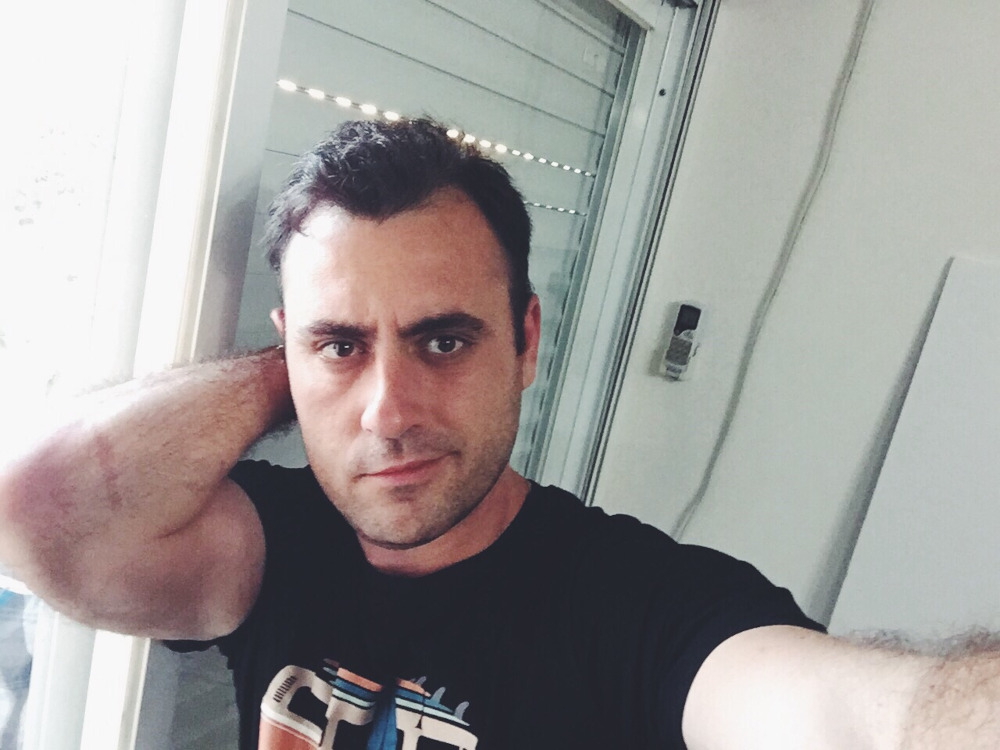There is a fascinating principal in psychology called “self-enhancement.” Study after study after study has proven that we see ourselves through rose-colored glasses, while judging others by harsher standards.
One way in particular we “self-enhance” is that we believe our own judgement is superior to the judgment of others. That is, we imagine ourselves as perfectly objective, whereas other people cannot see things as clearly as we can. This is, of course, not the reality.
Your clear judgment is an illusion
Fact is, none of us do such a great job at choosing photos of ourselves. Sometimes that means choosing truly cringe-worthy photos, unaware of how differently other people are seeing them. But most of the time it’s not so dramatic. Even if a photo isn’t horrific, research says that we all have a tendency to pick photos of ourselves that just aren’t our best, that don’t do us justice.
Here are a few reasons why.
1. You’re judging based on information other people don’t have

We use different parts of our brain when we’re looking at pictures of ourselves vs. when we’re looking at pictures of other people.
The difference is mainly due to knowing too much— having behind-the-scenes data about ourselves that someone else would not have when looking at the same image. We can’t help but conjure up this self-knowledge when we see photos of ourselves.
For an over-simplified example, imagine you’re looking at vacation pictures and remembering what a fun time you had. You were feeling your most confident and cool when those pictures were taken, so you can only assume that other people will see “confident” and “cool” in those photos as well.
Unfortunately, who we really are, or what we were thinking or feeling at the moment a photo was taken, do not always translate in photos, leaving open the possibility that others will unknowingly misinterpret what they see.
2. You’ve spent your whole life looking in mirrors

Since the invention of mirrors, people have come to know their own image quite intimately. You see yourself in the mirror at least once every morning and night, using it as a tool to ensure you’re presenting yourself the way you want to.
It’s easy to take for granted, however, that your mirror image is not your actual image. It’s a “flipped” version of what you look like to other people. Since no one’s face is 100% symmetrical, flipping the image around actually makes a very noticeable difference to us.
So when we see a photo of ourselves, we favor those representations that look most like our reflected image. Meanwhile, studies show that others prefer our actual image. There lies the rub, leading us to consistently choose photos of ourselves that aren’t our best in the eyes of others.
The scientific name for this phenomenon is the mere-exposure effect, and neighboring human tendencies like emotional lateralization and the left gaze bias (which cause us to linger on certain parts of our face) only worsen it.
3. You can’t see past your feelings

Most people have physical features they dislike.
When looking at our own picture, familiar thoughts cause us to exaggerate and fixate on those features we dislike about ourselves. As a consequence, we end up instantly trashing any photo that shows our “flaw”— even if it had the most genuine smile of the bunch or the most beautiful composition. Our overemphasis on the negatives blinds us to an abundance of positive.
Likewise, many of us have a feature we like best about ourselves, and we make a point to showcase that feature in our images. Thus, when we’re looking at a really great photo of ourselves that isn’t showcasing this feature as strongly as another, we’re likely to take its positive attributes for granted.
Wrap-Up
It’s perfectly normal to think that your judgment is clear and objective. But when it comes to judging photos of ourselves, the science is undeniable: you are not as good as you think.
When we look at our own pictures, we’re simply not seeing the same thing as other people are. So even if your current pictures aren’t bad, you’d likely have picked better ones if you had outside feedback.
For free, unbiased feedback from our respectful community, don’t hesitate to bring your photos to Photofeeler and find out for sure if they’re giving the impression you intend.
